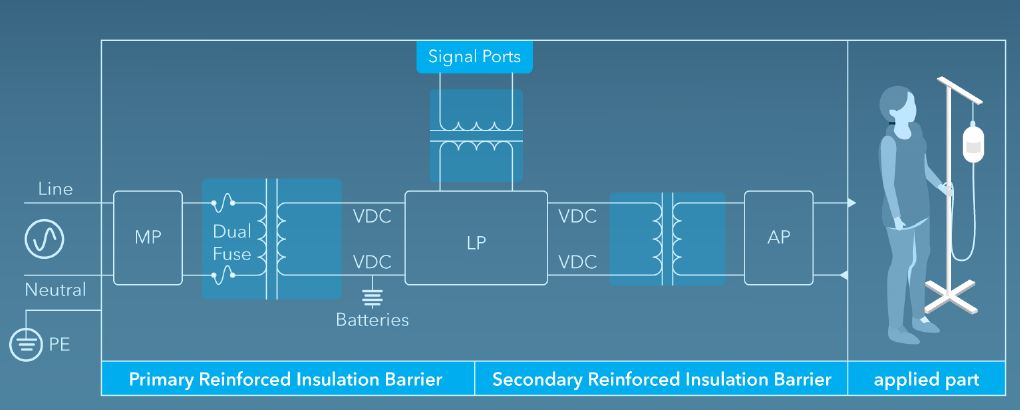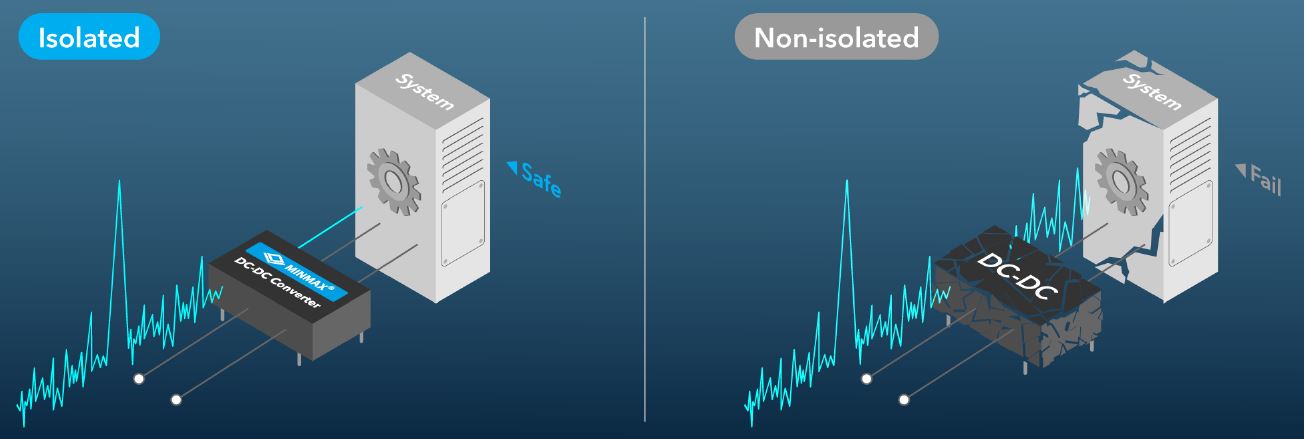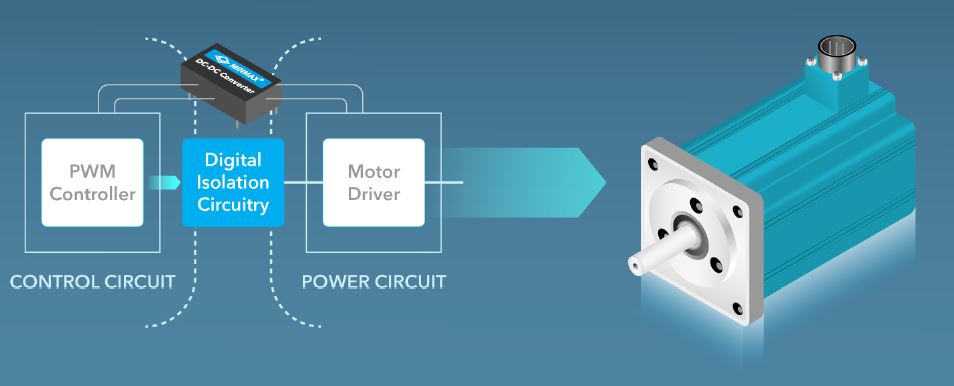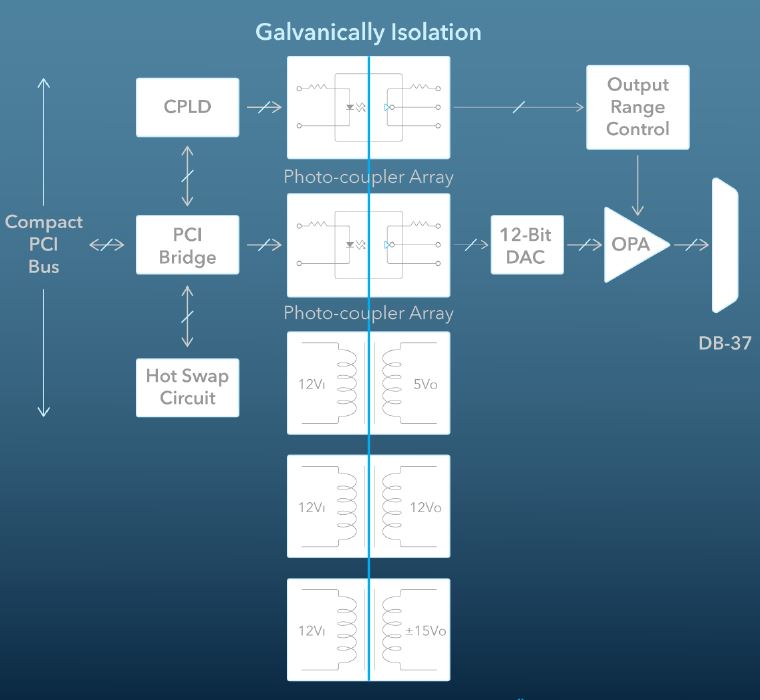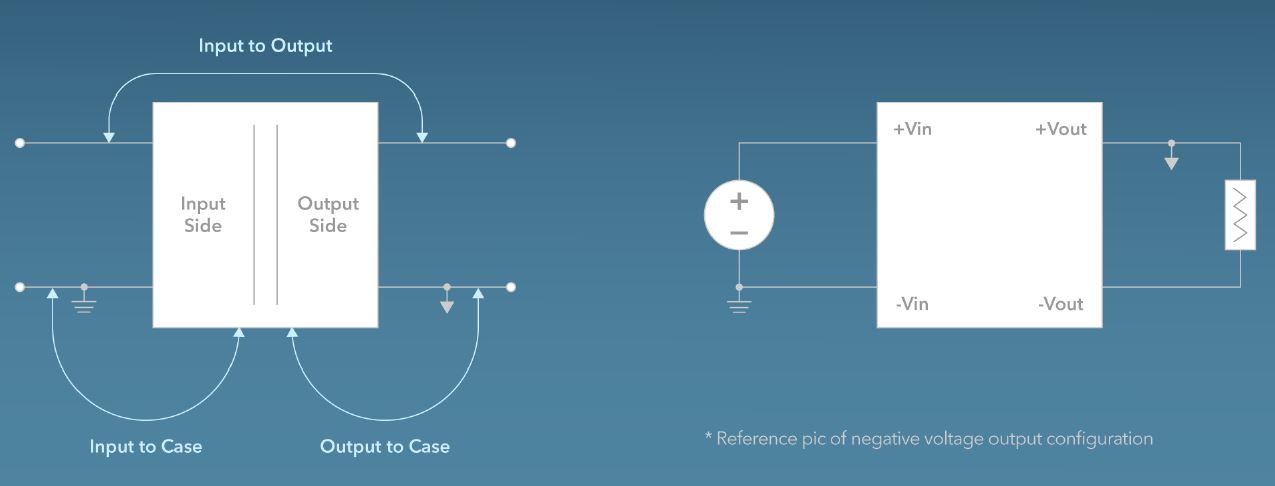Contents
- Preface – What Are Isolated DC-DC Converters?
- Protect Personnel from Physical and Electrical Injuries
- Protect Backend Load Devices and Systems
- Isolated DC-DC Converters Enhance Interference Suppression and Anti-Interference Performance
- Adjustable Positive and Negative Output Voltages
- Battery and Cross-Platform Compatibility Applications
- Summary
Preface – What Are Isolated DC-DC Converters?
A DC-DC converter, also referred to as a DC transformer, is designed to convert one type of DC voltage to another. Different devices often require specific voltage ranges, making these converters indispensable for providing the correct operating voltage.
In various applications, engineers must ask: "Is an isolated DC-DC converter necessary?" Choosing the wrong converter can lead to system instability, equipment damage, or safety risks. Therefore, assessing the need for an isolated DC-DC converter during the design stage is critical.
Considering the common demand for power converters in industrial environments, MINMAX designs all their power converters as isolated DC-DC converters. Let’s explore the benefits of these converters and understand why they are essential.
Protect Personnel from Physical and Electrical Injuries
In industries such as railways, renewable energy, and medical equipment, high input voltages pose risks of physical and electrical damage. The medical field, for example, enforces strict regulations on leakage current. Isolated DC-DC converters for these applications must meet stringent reinforced insulation standards.
Figure 1- Medical power converters require higher isolation and insulation capabilities
Protect Backend Load Devices and Systems
Isolated DC-DC converters disconnect the electrical ground loop between the input and output, safeguarding backend devices against high-voltage surges or sudden lightning strikes.
Figure 2- Isolated converter can effectively protect back-end devices
Case Example:
Input voltages are often analog signals converted to digital for backend devices. However, ground plane impedance can introduce interference between analog and digital circuits. Isolated DC-DC converters effectively prevent common ground interference and maintain system stability.
Figure 3- Isolated power converter can effectively reduce environmental interference
Isolated DC-DC Converters Enhance Interference Suppression and Anti-Interference Performance
Isolated DC-DC Converters eliminate grounding loops, which prevents interference propagation from common mode signals, surges, and other noise. This enhances common mode interference suppression and ensures reliable operation in systems sensitive to such disturbances, such as remote industrial communication nodes.
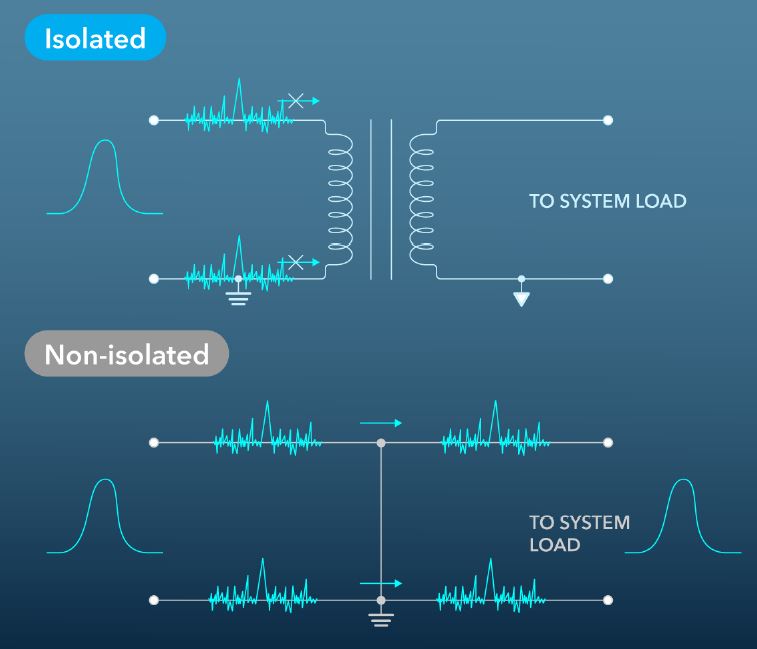
Figure 4- isolated converter can effectively solve the problem of common mode interference
Case Example:
High potential isolation
For the control of electric motors, battery management systems, and many other cases, the system control circuit used has a different potential than the power circuit, and the use of high isolation power converters can ensure that low-voltage components are not affected by high-voltage circuits.
Case Example:
The serial communication bus transmits data through physical networks such as RS-232, RS-485, and Controller Area Network (CAN). Each of these interconnected systems is equipped with its own power supply and has a long distance between them. Therefore, it is usually necessary to isolate the power supply for electrical isolation to ensure the physical safety of the system, and to protect the backend load system from transient high voltage surges and reduce signal distortion by disconnecting the grounding circuit through isolation.
Adjustable Positive and Negative Output Voltages
Isolated DC-DC converters offer floating outputs, allowing them to provide both positive and negative voltages. This versatility makes them ideal for devices requiring isolated input-output configurations while maintaining consistent polarity.
Battery and Cross-Platform Compatibility Applications
Although some applications may not strictly require isolation, isolated DC-DC converters simplify boosting input voltages to meet system demands. This flexibility is particularly useful in systems with varied power requirements.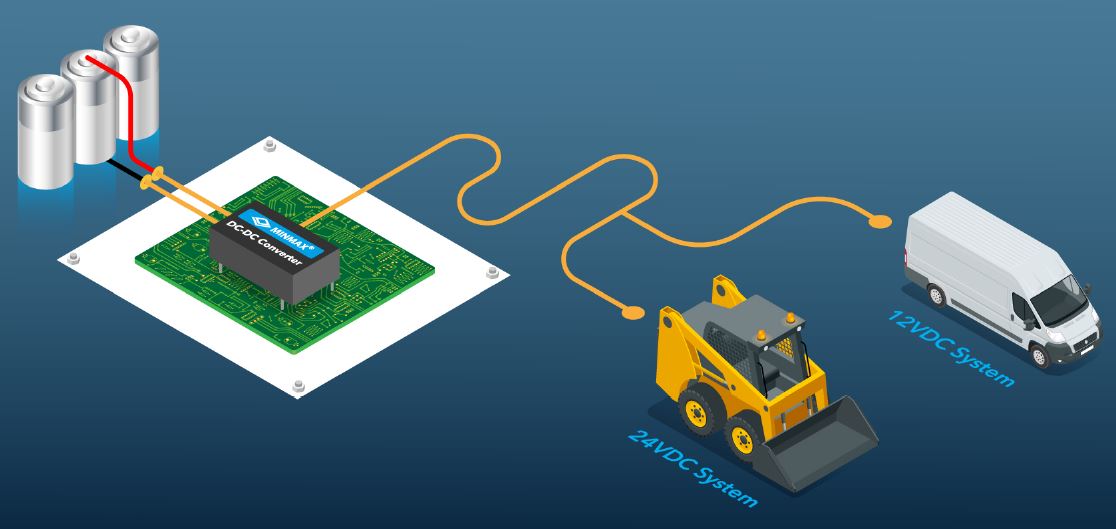
Summary
| Items | Use an isolated converter | Use a non-isolated converter |
|---|---|---|
| Personal protection | Higher security | Lower security |
| System load protection | If there is an abnormality in the power supply, it will cause less load loss | If there is an abnormality in the power supply, it will cause more load loss |
| Common mode anti-interference | High anti-interference level | Low anti-interference level |
| Positive and negative voltage adjustment | Able to adjust positive and negative output voltages | Unable to adjust positive and negative output voltages |
| Common ground and current circuit | There is no electrical connection between the input and output, presenting an insulated state | There is a common ground between the input and output, with a direct current loop |
Thank you for watching.
If you are interested in exploring other topics → Why Choose Modular Power Converters? Discover Their Key Benefits and Applications
For more Technical Articles>>>
To learn more, please click on the following link:
【MINMAX Industrial Power Solution】
【MINMAX Railway Power Solution】
【MINMAX High Isolation and Voltage Resistant Power Supply Solution】

